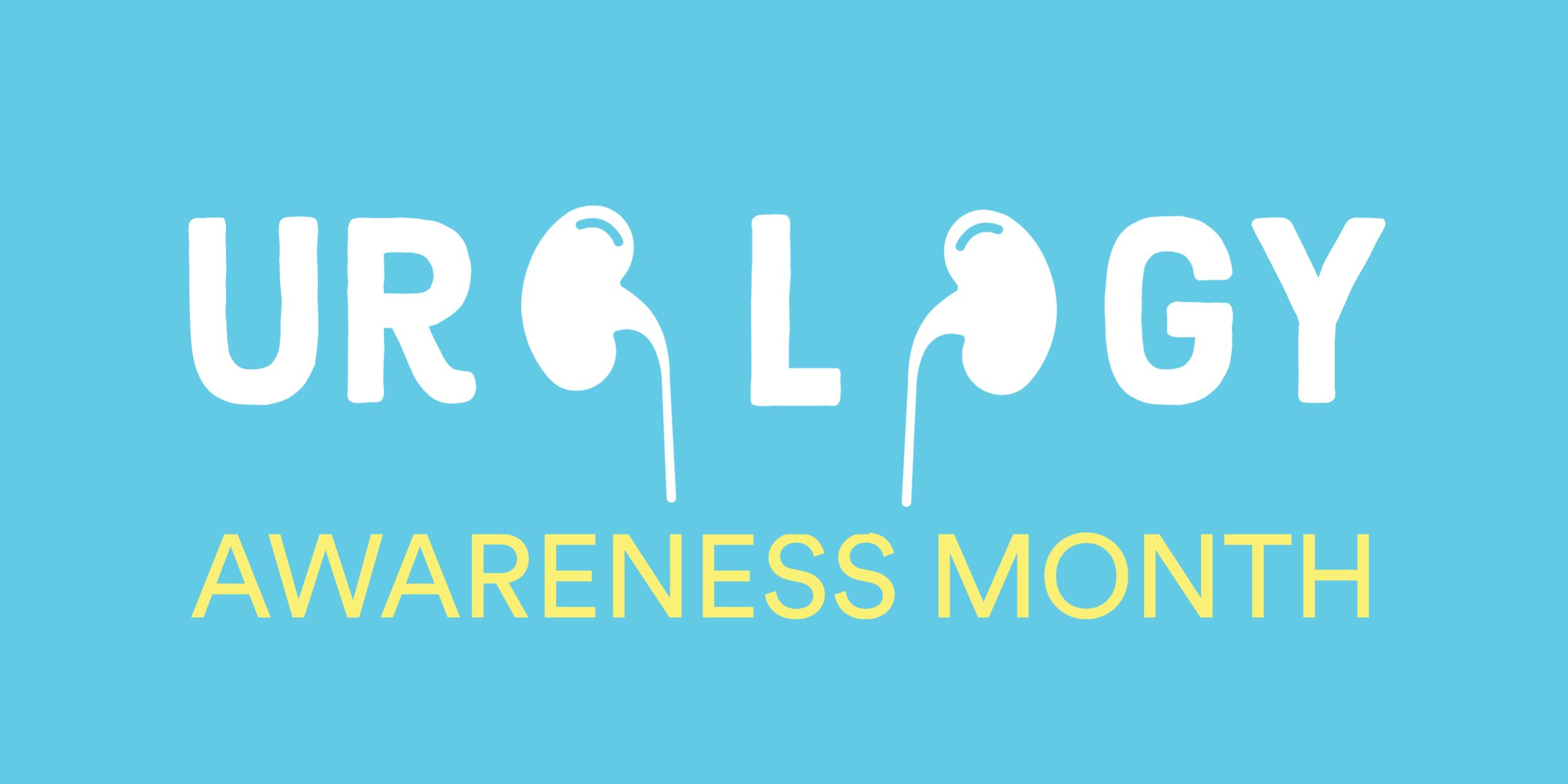Importance of Urology Health
IMPORTANCE OF UROLOGY HEALTH
September is Urology Awareness Month. This was established by The Urology Foundation in hopes of spreading awareness, raising money to fund research, and encouraging people to prioritize their urology health. Urological health affects our daily life and it is estimated that 1 in 2 of us will be affected by urological conditions in our lifetime.
Urological conditions are becoming more widespread across the globe and can affect those of all ages. Urology relates to your genitourinary system which is the organs of the urinary system and the reproductive system. These organs include the kidneys, bladder, prostate, testes, and penis. Some common conditions include –
Prostate cancer
Kidney damage
Incontinence
Bladder cancer
Testicular cancer
Kidney stones
Interstitial cystitis
Urinary tract infections
INFORMATION AND TIPS FOR UROLOGY HEALTH
KIDNEY
The kidneys are bean-shaped organs located below the ribs. The major function of the kidneys is to filter the blood and remove toxins. This waste is then removed through the urine. The kidneys also regulate bodily fluids, activate vitamin D for healthy bones, and release hormones that regulate blood pressure.
Kidney disease is a major health concern. According to the National Kidney Foundation, 1 in 3 adults in the United States are at risk for kidney disease. This disease often goes undetected until very advanced; therefore, prioritizing kidney health is important for everyone, and people at risk should get tested regularly. Listed below are some tips to improve kidney health by The National Kidney Foundation –
Monitor cholesterol levels
Get an annual physical
Know your family medical history
Exercise regularly
Maintain a healthy weight
Follow a balanced diet
Quit smoking
Limit alcohol and caffeine
BLADDER
The bladder is a hollow organ that stores urine located in your lower abdomen. The kidneys pass the urine into the bladder through two tubes called the ureters. Then, urine leaves the bladder through another tube called the urethra. Many conditions can affect your bladder including cystitis, urinary incontinence, overactive bladder, interstitial cystitis, bladder cancer.
Even though you can’t control everything that affects your bladder, there are ways to improve bladder health. Here are some tips to help boost your bladder –
Avoid constipation with a healthy diet
Use the bathroom when needed
Wipe from front to back
Wear cotton underwear and loose-fitting clothes.
Drink enough water
Limit alcohol and caffeine
Quit smoking
Exercise regularly
PROSTATE
The prostate is a small gland in the male reproductive system. It is located below the bladder, surrounding the urethra, and produces fluid that makes up a part of semen. The prostate grows as men age and testosterone levels increase.
Prostate cancer is the most common cancer in American men. If detected early, prostate cancers grow slowly and do not cause harm. Therefore, it’s important for aging men to see a urologist regularly. Some tips for better prostate health include –
Maintain a healthy weight
Eat vegetables
Limit red meat
Drink enough water
Exercise regularly
Quit smoking
Manage stress
Get tested if at risk
MALE REPRODUCTIVE ORGANS
The male reproductive organs include the testes and the penis. These organs mature during puberty and function to produce sperm. The male reproductive organs are prone to many health conditions, especially in aging men. Some of these conditions include testicular cancer, penile cancer, Peyronie’s disease, infertility, erectile dysfunction, varicoceles, hydrocele, and more.
It’s important to see a urologist if you are experiencing symptoms that affect these organs. The sooner these conditions are treated, the less likely they are to cause harm. Tips for healthy reproductive organs include –
Practice good hygiene
Screen for STD’s
Eat a healthy diet
Drink enough water
Exercise regularly
Get enough sleep
Avoid alcohol and tobacco
Manage stress
References
https://www.kidney.org/kidneydisease/howkidneyswrk
https://www.theurologyfoundation.org/urologyhealth
https://www.cdc.gov/cancer/prostate/basic_info/what-is-prostate-cancer.htm

